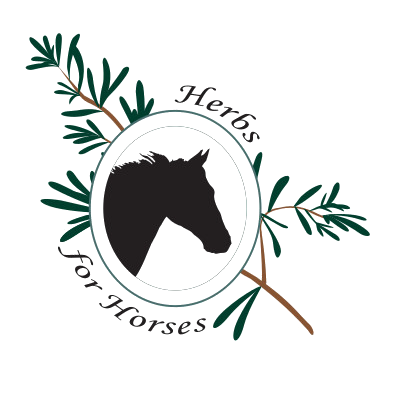Seen Recently on Horse Canada - Omega-3
Omega-3, Human Research and Its Implications for Your Horse’s Health
Studies have found fatty acids from fish/flax oil can significantly increase muscle function in older adults, which can translate to your aging equine.
Omega-3 fatty acids from fish oil or flax oil are an important and popular supplement for horses. The well-known anti-inflammatory effect of Omega-3s is based upon their unique structure which, unlike omega-6 fatty acids, are metabolized to non-inflammatory compounds.
In humans, this anti-inflammatory character of Omega-3s has been implicated in other health benefits related to their supplementation, including improvements in cardiovascular disease (Mason et al. 2020) and depression (Farooq et al. 2020).
Lalia et al. (2020) offers an interesting study entitled Influence of omega-3 fatty acids on skeletal muscle protein metabolism and mitochondrial bioenergetics in older adults which suggests that Omega-3s may also be useful in preventing age-related muscle wasting in older adults. The authors compared a group of young (18-35 yrs) and elderly (65-85 yrs) humans with respect to the responses of their skeletal muscles to supplementation with Omega-3s at 3.9g/day for 16 weeks. What they found was that prior to supplementation, older adults had significantly impaired muscle function compared with younger people, and supplementation with Omega-3s reduced oxidation status in both groups. Following a single bout of exercise, genes and proteins involved with muscle synthesis were significantly up-regulated in older adults such that their muscle protein synthesis was not different than that of younger adults.
So what does this mean for your horse? Like all of us, our horses will inevitably become ‘long in the tooth’ and may need a little extra support to maintain their muscle mass. What this study shows is that supplementation with a good Omega-3 supplement can help maintain your horse’s muscle protein as they get older, which may help protect against the familiar weakness and swayback appearance that often accompanies horses into their golden years. I might even try it myself!
Studies have found fatty acids from fish/flax oil can significantly increase muscle function in older adults, which can translate to your aging equine.
Omega-3 fatty acids from fish oil or flax oil are an important and popular supplement for horses. The well-known anti-inflammatory effect of Omega-3s is based upon their unique structure which, unlike omega-6 fatty acids, are metabolized to non-inflammatory compounds.
In humans, this anti-inflammatory character of Omega-3s has been implicated in other health benefits related to their supplementation, including improvements in cardiovascular disease (Mason et al. 2020) and depression (Farooq et al. 2020).
Lalia et al. (2020) offers an interesting study entitled Influence of omega-3 fatty acids on skeletal muscle protein metabolism and mitochondrial bioenergetics in older adults which suggests that Omega-3s may also be useful in preventing age-related muscle wasting in older adults. The authors compared a group of young (18-35 yrs) and elderly (65-85 yrs) humans with respect to the responses of their skeletal muscles to supplementation with Omega-3s at 3.9g/day for 16 weeks. What they found was that prior to supplementation, older adults had significantly impaired muscle function compared with younger people, and supplementation with Omega-3s reduced oxidation status in both groups. Following a single bout of exercise, genes and proteins involved with muscle synthesis were significantly up-regulated in older adults such that their muscle protein synthesis was not different than that of younger adults.
So what does this mean for your horse? Like all of us, our horses will inevitably become ‘long in the tooth’ and may need a little extra support to maintain their muscle mass. What this study shows is that supplementation with a good Omega-3 supplement can help maintain your horse’s muscle protein as they get older, which may help protect against the familiar weakness and swayback appearance that often accompanies horses into their golden years. I might even try it myself!
